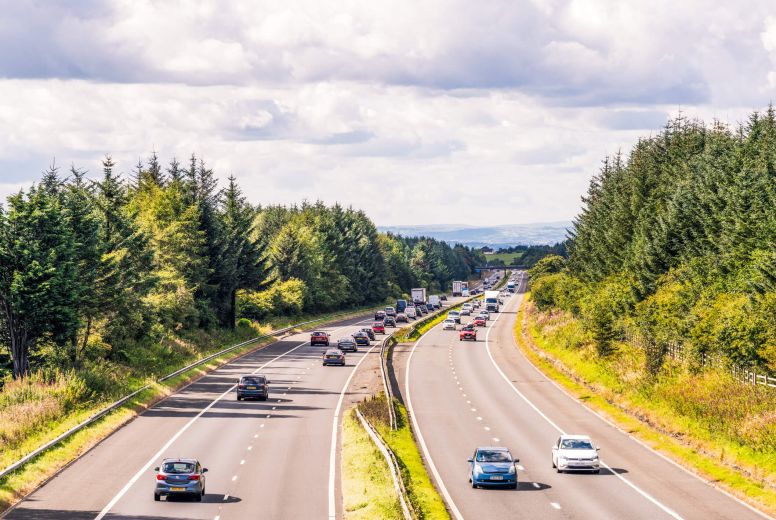This would then ensure the Government can cover the £25 billion loss that they would suffer from a loss in fuel duty.
Data from the report was shared with MPs on Wednesday 24th May, and called for an urgent and 'major overhaul' of the UK's motoring taxation system.
During the meetings with Government officials, the Centre believed that a pay-as-you-drive charge system would be the best way to tackle this future problem.
The report recommends a per mile taxation scheme in the UK to initially apply to electric cars before being expanded to cover all vehicles.
Officials who presented the report called the current strategy an 'outdated and onerous tax system’.
Currently, drivers are charged through a combination of fuel duty paid on every litre and the annual vehicle excise duty (car tax).
Last year, Chancellor Jeremy Hunt announced that from 2025 EV drivers will be forced to pay vehicle excise duty for the first time – with the aim of raising more than £7 billion for the Government.
In 2021, the Transport Select Committee suggested that per mile road pricing could become an option for the UK.
They claimed it would be 'one of the best fiscal changes' that any government could make in its efforts to make the switch to electric by 2030.
Although nothing official has been announced, any changes to the current car tax system would be controversial.
The calculations used to make up the deficit would impact the drivers of all types of vehicles.
However, the changes would align with the Government’s scheduled ban on sales of new petrol and diesel cars from 2030 – along with many other plans to help with the net zero goals for 2050.
Any per mile tax strategy would most likely see EV drivers paying significantly less than those with petrol or diesel vehicles.
When making their report, The Centre for Policy Studies spoke to focus groups about the topic.
They found that some drivers were 'wary of the state tracking their movements constantly'. However, the Centre suggested that charges could be paid by a monthly direct debit, with no recording of driver data.
The Centre also discovered that EV understood that the current tax-free status of their driving could not continue indefinitely – and that they knew changes would be happening in the years ahead.
The report stated: “Petrol and diesel drivers rightly pointed out that it was unfair that EV drivers today contributed nothing to the upkeep of the roads, despite causing significant damage given their weight.
“Thus, while no-one likes to have their taxes put up, there was a begrudging consensus that the current system would have to adapt to the new future of EVs, and that those currently driving an electric car would have to stump up down the road.”
Tom Clougherty, Research Director and co-author of the report, said: “We shouldn't replicate the old, punitive tax system, but it is still important that all drivers pay a fair amount for the roads they use.”
What do you make of the plans? Is this good news for drivers? Have you made the switch to EV? Leave your comments below.

RAC sale – up to 33% off*
• Roadside cover from £5.29 a month†
• We get to most breakdowns in 60 mins or less
• Our patrols fix 4/5 breakdowns on the spot









